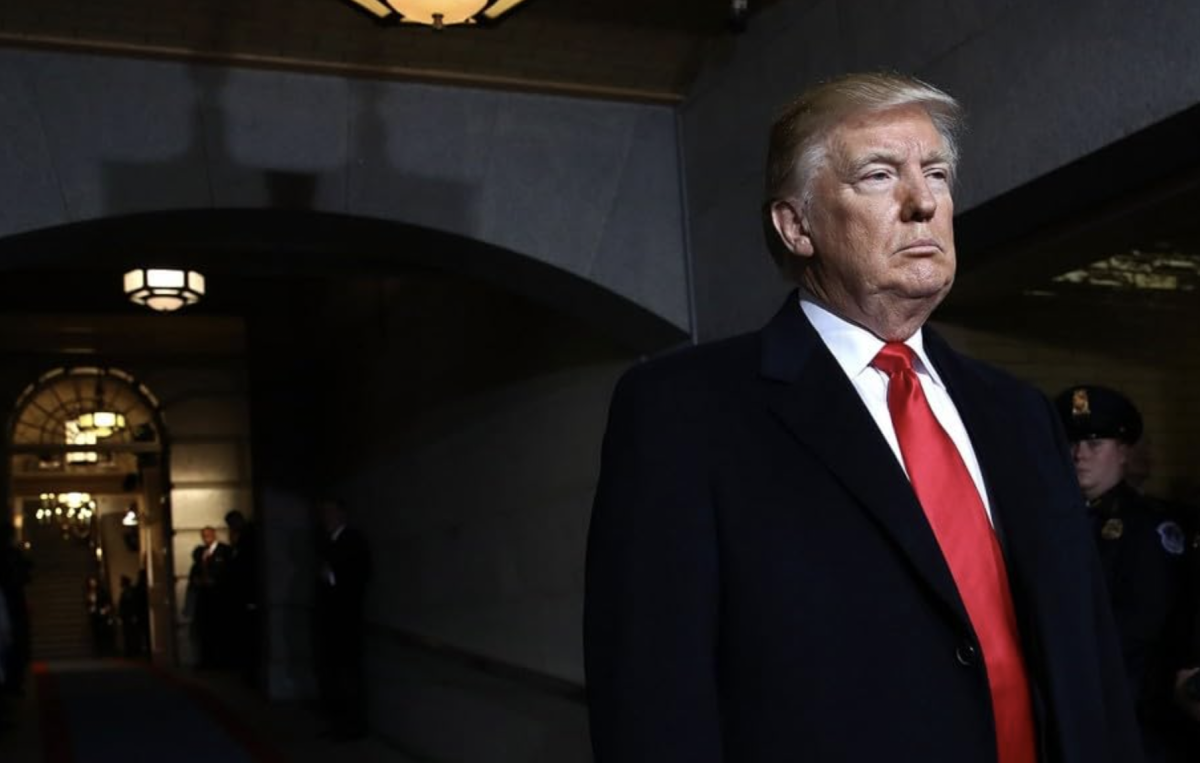As summer quickly fades into shades of red and orange autumn, the efforts to go green at University of Massachusetts remain prominent. On Tuesday, the Sustainable Organization Coalition held its second “Sustainability Slammer” on the Student Union South Lawn.
The event, which focused on providing students with information on how to contribute to make the campus more sustainable and environmentally friendly, featured tables for a variety of organizations and clubs. Muhammad Munir and Nicholas Warner, the co-founders of the Sustainable Organization Coalition, said they intended for the event to discuss the idea of sustainability going beyond the environmental sphere and into the social sphere.
Warner, a junior studying natural resource conservation, said the founding was a revelation in communication for sustainable organizations on campus.
“[Munir] started getting involved in all the sustainable clubs [and] they were all having similar ideas, projects and goals, but none of them were really talking or communicating with each other,” Warner said. “So he said, ‘Well, let’s create a coalition.’”
Rebecca Schmidt, the sustainability engagement coordinator for UMass, attended the event. She expressed admiration for the success of the coalition in bringing environmental groups together during their first event.
“They had the first ‘Sustainability Slammer’ last January with the goal of just being able to plan meetings so all the different organizations on campus related to sustainability would be able to be in contact, plan events and work on common goals,” Schmidt said.
Meghan Sawtelle, a sustainable food and farming junior, represented the EcoRep program, which emphasizes “environmental literacy” and “sustainable behavior,” according to their website. Sawtelle noted that the program was “a student-run, discussion-based, two-credit class that meets once a week.”
“We also do community outreach and field trips, which are really fun,” Sawtelle said, adding that the class is a great space to collaborate with peers and talk about sustainability.
In the class, students like Sawtelle are producing small booklets, each handmade, to inform the public of sustainability issues and how people can be more conscious in helping our environment. Recognizing the efforts currently underway toward making sustainability a presence on campus, Sawtelle thinks that there is still more to do.
“UMass Dining in and of itself, is a huge entity that has a lot of room to grow. But, for what it is, and what it stands for, [UMass] is a really great place if you care about this stuff,” Sawtelle said.
Warner, who originally entered UMass as a sustainable food and farming major, echoed Sawtelle’s sentiment, particularly concerning food sustainability.
“I know we can do a lot more…the University itself, I know we’ve come a long way offering compost, as well as recycling, in food places like Blue Wall,” Warner said. “But that needs to go all across campus. I think that’d improve a lot.”
While the Sustainable Organization Coalition is focused only on environmental issues now, Warner said they plan to do more outreach in the near future with other clubs on campus addressing social issues.
In particular, Warner highlighted the Food Recovery Network, an organization dedicated to reducing individual food waste on campus and providing for food insecure individuals at the University.
“Their work is that they go to two dining commons as of now – Worcester and Berk – and take leftover food and deliver it to Craig’s Place, which is a homeless shelter,” Warner said.
Event participants were reminded that while the ‘Slammer’ was over, opportunities to get involved on campus were not. Noting that simple acts like composting or using reusable water bottles and straws can make a difference, the Sustainable Organization Coalition emphasized that everyone can do their part in aiding the fight for sustainability.
Isabelle Sarra can be reached at [email protected].



















